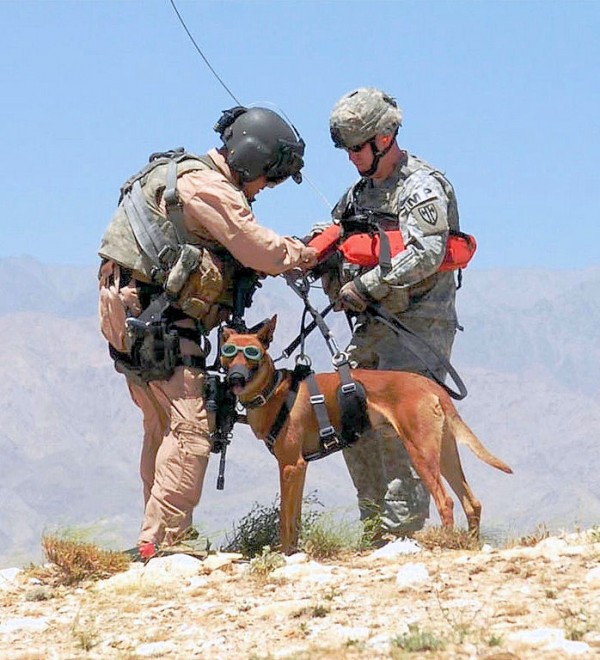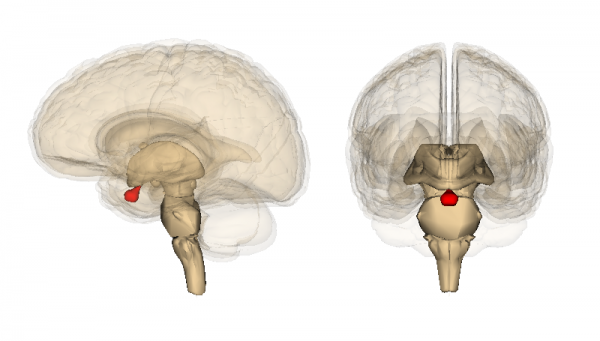Found below are a few news items that caught my attention this past week. I am hopeful that the titles and short commentary will encourage our readers to click on the embedded links to read more on subjects that may be of interest to them.
Drop me an email at info@sftt.org if you believe that there are other subjects that are newsworthy.
New Brain Study May Explain Some Veteran’s Agony
A new brain study may help explain the agonizing and puzzling symptoms suffered by so many combat veterans, from headaches to fuzzy thinking, military researchers reported Friday. They found a unique pattern of scarring in the brains of men who died days or years after being in or near powerful explosions. The scarring doesn’t look like damage sustained by people with other types of brain injury, such as sports or car accidents, the team at the Uniformed Services University of the Health Sciences (USU) in Maryland said. Read more . . .
US Offering Russia Military Pact in Syria
The United States is offering Russia a new military pact against the Islamic State and al-Qaida in Syria, according to a leaked U.S. proposal that, if finalized, could dramatically alter America’s role in the Arab country’s five-year civil war. The document, published by The Washington Post, calls for joint bombing operations, a command-and-control headquarters and other synchronized efforts. U.S. and Russian officials with expertise in intelligence, targeting and air operations will “work together to defeat” the extremist groups, the eight-page paper states. Read more . . .
U.S. Military Dogs to Be Brought Home
President Barack Obama signed a bill into law last month that guarantees the safe return of all retired military dogs to the United States after serving abroad. In the past, some of these animals were left to retire overseas because they were no longer considered service dogs, and were therefore ineligible for military-funded transportation home, The Washington Times reported. Read more . . .
Is Spider Silk the New Military Body Armor?
Kevlar has been the Army’s go-to body armor for decades, but a new technology might be challenging that paradigm. Kraig Biocraft, a bioengineering company based in Michigan, has genetically altered silkworms to produce spider silk. Today, they announced an Army contract to develop this silk, called Dragon Silk, for use in body armor. Spider silk is one of the strongest natural fibers, but it’s difficult to produce in large amounts. Spiders are territorial and cannibalistic, so it’s nearly impossible to create a cost-effective spider farm. To combat this problem, Kraig Biocraft inserted the genes for making spider silk into silkworms. The result was a composite silk that was as strong as normal spider silk yet much easier to produce. Read more . . .
Army is Upgrading Standard Rifle
A new U.S. Army video shows how today’s standard infantry weapon, the M4 carbine, is being updated to perform better on the battlefield. The Army is gradually converting its entire inventory of M4s to the improved M4A1 standard. Where the original M4 was capable of semi-automatic and three-round burst fire, the M4A1 trades burst fire for fully automatic. The carbine is fitted with a heavier barrel that can better withstand prolonged, full automatic firing. Read more . . .
Damage to Pituitary Gland May Cause PTSD
When Charles Wilkinson thinks about soldiers suffering from post-traumatic stress disorder (PTSD) his mind jumps to a pea-size structure tucked behind the bridge of the nose and ensconced below the base of the brain. There the pituitary gland serves as the master regulator of the human endocrine system, producing vital hormones that influence growth and development—except when something goes awry. Read more . . .
Vietnam Veteran Share Journey Coping with PTSD
Chris Lambert, who served in Vietnam, said the realities of war affected him for decades. He received three Purple Heart medals. “Almost everyone in a fire fight, sooner or later, urinates on themselves. But you never see something like that in a movie,” Lambert told ABC10 News. “So here you are in a firefight and the next thing you know, you’re wet. And the next day you don’t talk about it. Now you think you’re a coward. There’s a lot of trauma created because we haven’t been able to express ourselves.” Read more . . .
Feel you should do more to help our brave men and women who wear the uniform or our Veterans? Consider becoming a member of Stand For The Troops.
ShareJUL
2016



About the Author:
Vietnam vintage US Army officer who honors the brave men and women who serve our country.